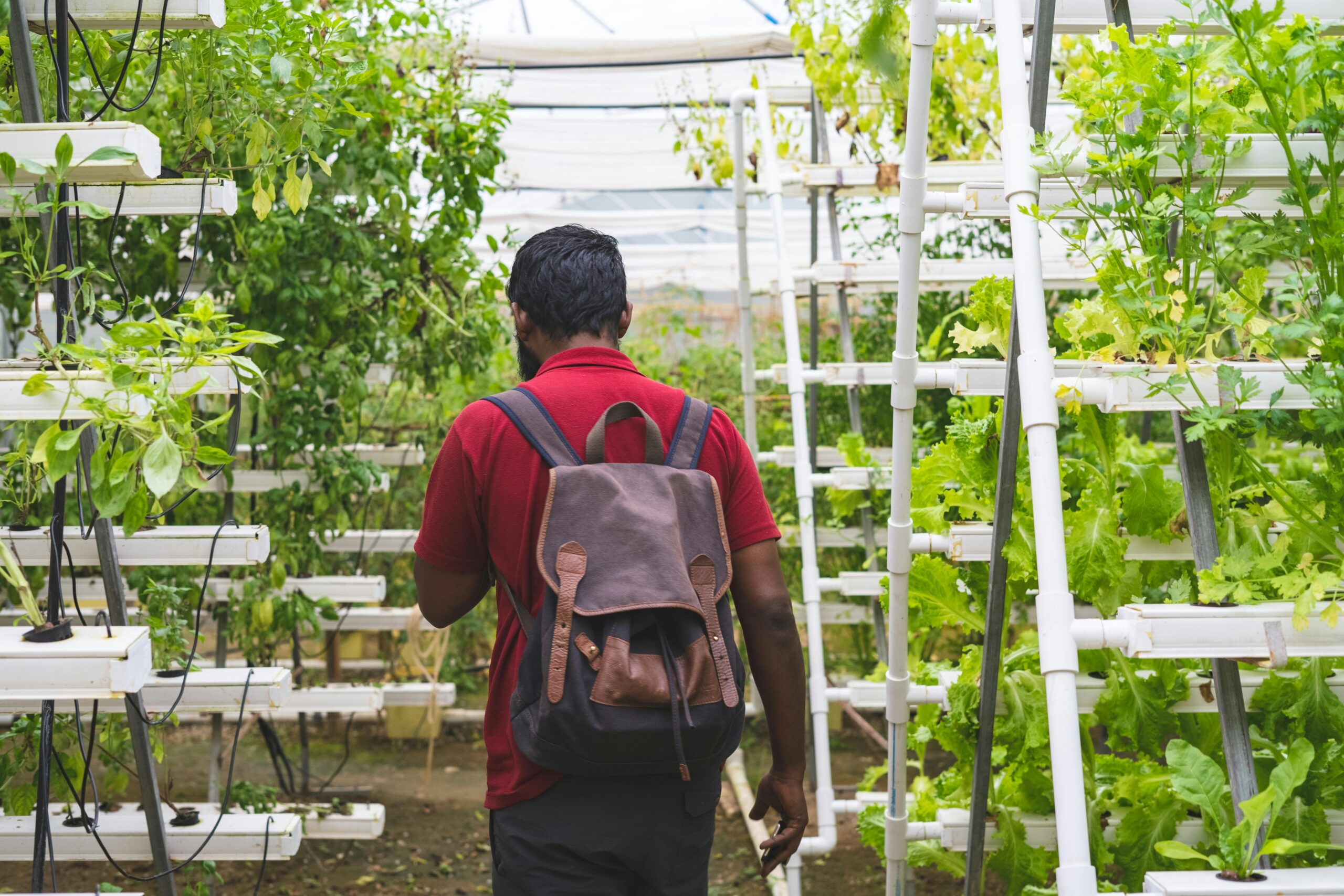Vertical farming, a relatively new and innovative agricultural technology, has gained significant attention in recent years due to its potential to revolutionize the way we produce food. The concept of vertical farming involves growing crops in vertically stacked layers under controlled environments, such as artificial light and temperature regulation systems. This approach provides several benefits over traditional farming methods, particularly in urban areas where land is scarce.
One significant advantage of vertical farming is its space-saving potential. Vertical farms can be built in city centers or unused urban spaces, making it possible to produce food closer to consumers, reducing the need for transportation and decreasing carbon emissions from long-distance transport. This approach also allows farmers to maximize their use of resources by stacking crops vertically instead of spreading them out horizontally, thereby minimizing land usage.



Another advantage of vertical farming is its ability to provide year-round crop yields, regardless of the seasons or climates outside. By controlling environmental factors such as light, temperature, humidity, and CO2 levels, farmers can create ideal growing conditions for crops all year round, which can significantly increase productivity compared to traditional outdoor farming methods.
Furthermore, vertical farming enables growers to utilize advanced technologies like hydroponics, aeroponics, and aquaponics. These techniques allow farmers to use less water, fertilizer, and pesticides than traditional farming methods, resulting in lower production costs while reducing negative environmental impacts. Furthermore, by using recycled water, vertical farms can minimize the amount of freshwater used for irrigation, which is becoming increasingly crucial in areas experiencing water shortages due to climate change.
However, some challenges remain to be addressed before vertical farming becomes a widespread practice. One significant obstacle is the high initial capital investment required to build and maintain these sophisticated facilities. This cost may discourage many small-scale farmers from switching to vertical farming methods, which could limit its adoption in certain areas.
Another challenge is the need for specialized expertise and knowledge to operate these complex systems. The technology and techniques involved in vertical farming are more complicated than traditional farming methods, requiring a higher level of skill and training to manage effectively. This requirement may create additional costs in terms of personnel hiring or training programs that could impact the overall profitability of vertical farms.


In summary, vertical farming has significant potential to revolutionize urban agriculture by providing solutions to challenges like space constraints, climate variability, and transportation issues. However, as with any emerging technology, there are still some obstacles to be addressed before it becomes a widespread practice. As the industry continues to grow and evolve, it will undoubtedly encounter further challenges that will need to be overcome through technological innovation and collaboration between experts in agriculture, engineering, and science. Nonetheless, vertical farming is a fascinating concept that could significantly change the way we produce food in urban areas, providing numerous benefits for both farmers and consumers alike.








Leave a Reply